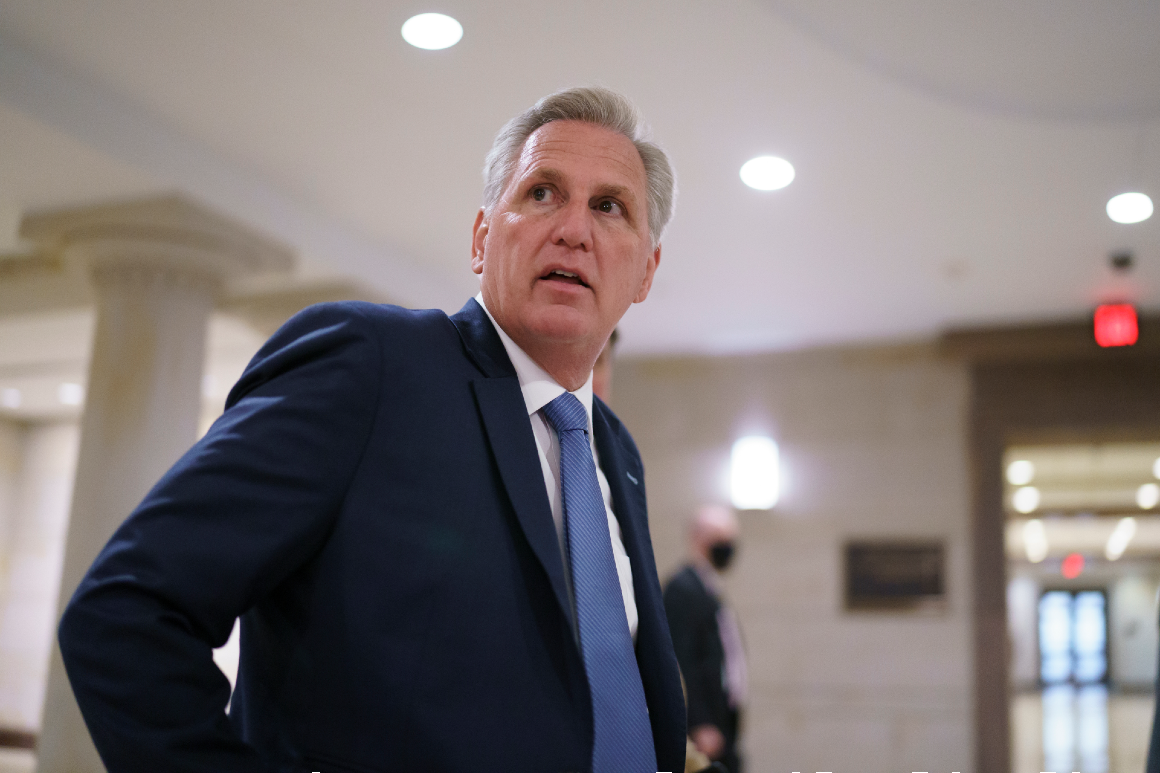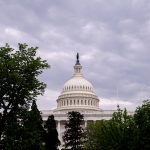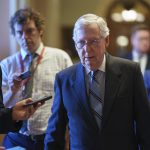House Minority Leader Kevin McCarthy on Tuesday announced his opposition to a bill that would establish a bipartisan commission to investigate the Jan. 6 Capitol insurrection — rejecting a proposal brokered in part by a member of his own conference and deepening divisions within the House GOP.
In a lengthy statement, the Republican leader said he could not support the compromise reached in recent days by Speaker Nancy Pelosi and Rep. John Katko (R-N.Y.), a McCarthy ally who voted to impeach former President Donald Trump for inciting the attack on the Capitol.
“Given the political misdirections that have marred this process, given the now duplicative and potentially counterproductive nature of this effort, and given the Speaker’s shortsighted scope that does not examine interrelated forms of political violence in America, I cannot support this legislation,” McCarthy said.
The statement by McCarthy represents the most recent high-profile, Trump-related fissure to emerge among House Republicans, after Rep. Liz Cheney (R-Wyo.) was purged from House leadership last week for her refusal to promote the false claim that the 2020 election was stolen.
Cheney was replaced as House GOP conference chair by Rep. Elise Stefanik (R-N.Y.), who was criticized by some Republicans as insufficiently conservative but remains widely viewed as a fierce defender of the former president.
The Jan. 6 commission had also become a point of friction between McCarthy and Cheney in the weeks before her ouster, with McCarthy demanding that such a panel examine acts of looting and violence that accompanied some protests last summer against police brutality and racial injustice. Cheney, however, sought to have the commission probe solely the Capitol siege.
If impaneled, the Jan. 6 commission could potentially force testimony from McCarthy, who reportedly had a heated phone call with Trump as the insurrection was unfolding and may be able to speak to the former president’s state of mind amid the attack.
But Senate Republicans have indicated they may not support the investigative panel, casting doubt on the legislation’s prospects after its likely House passage on Wednesday.





















